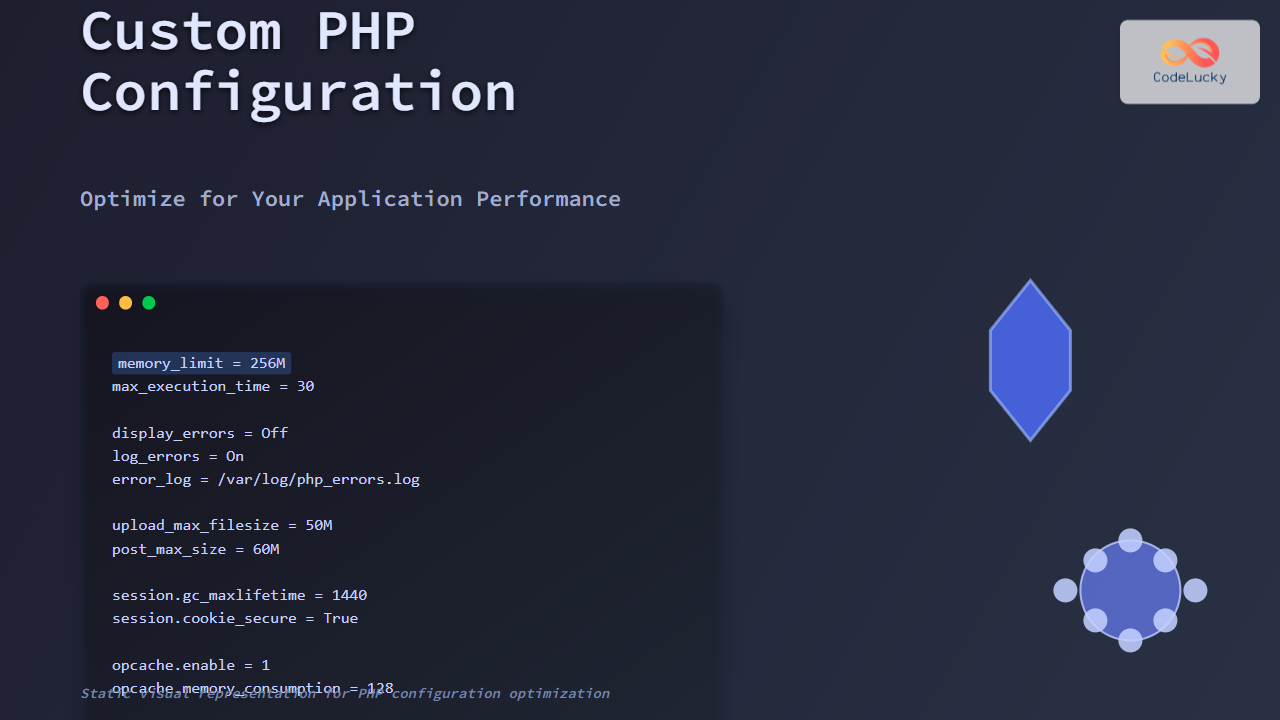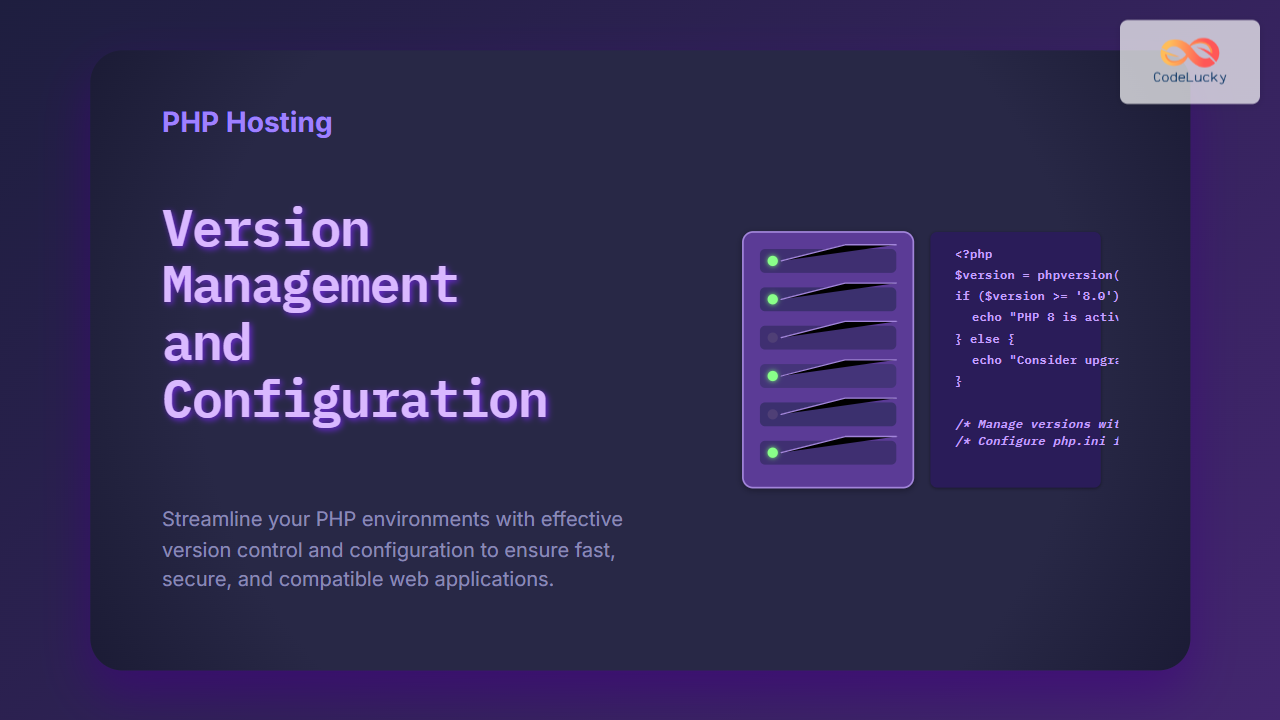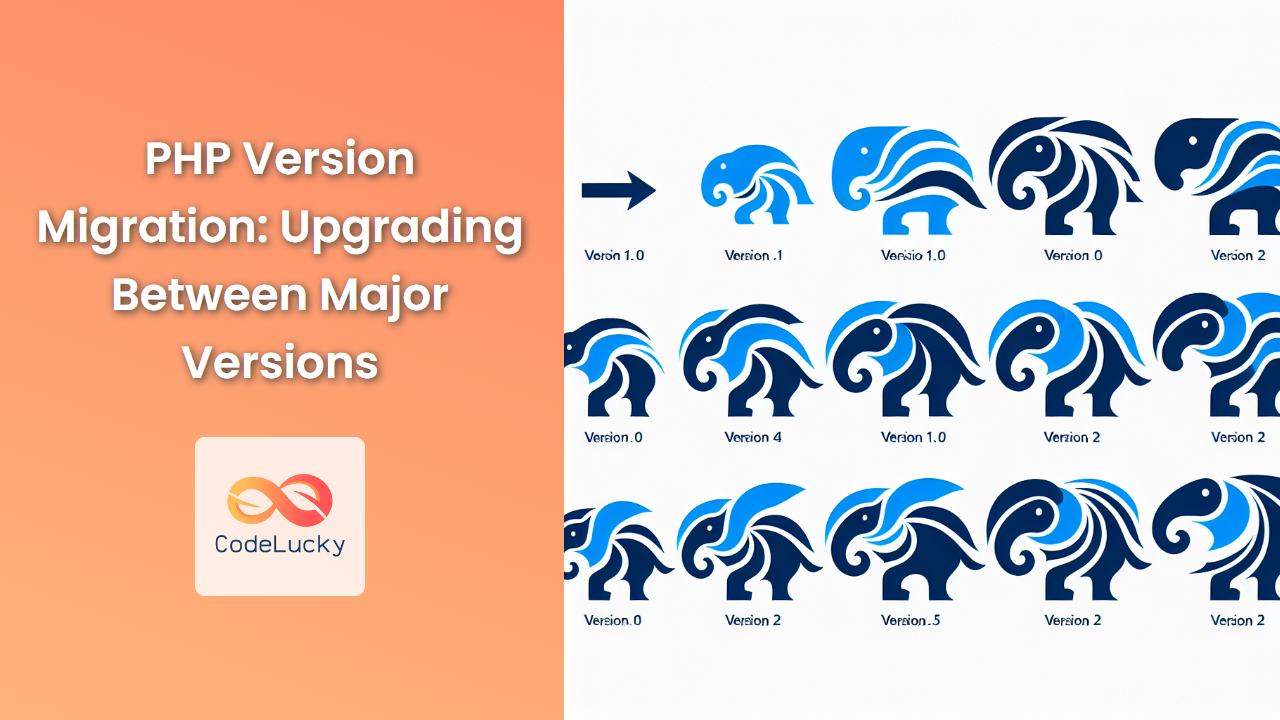In the world of PHP programming, functions are the building blocks that help us create modular, reusable, and efficient code. One of the most powerful aspects of functions is their ability to return data, allowing us to retrieve and use the results of their operations. In this comprehensive guide, we'll dive deep into PHP function returns, exploring various ways to get data from functions and how to leverage this feature to write more effective code.
Understanding Function Returns in PHP
Before we delve into the intricacies of function returns, let's start with a basic understanding of what they are and why they're important.
🔍 Function returns are values that a function sends back to the code that called it. These values can be of any data type, including integers, strings, arrays, objects, or even other functions.
The ability to return data from functions is crucial because it allows us to:
- Retrieve computed results
- Pass data between different parts of our program
- Create more modular and reusable code
- Implement complex algorithms and data structures
Let's explore some practical examples to see how function returns work in PHP.
Basic Function Returns
We'll start with a simple example to illustrate the concept of function returns.
function addNumbers($a, $b) {
$sum = $a + $b;
return $sum;
}
$result = addNumbers(5, 3);
echo "The sum is: " . $result;
In this example, the addNumbers() function takes two parameters, adds them together, and returns the result. When we call the function and assign its return value to $result, we can then use that value in our code.
Output:
The sum is: 8
💡 Pro tip: Always use meaningful names for your functions and variables. This makes your code more readable and self-documenting.
Returning Multiple Values
Sometimes, you might want a function to return more than one value. While PHP doesn't have a built-in way to return multiple values directly, we can achieve this using arrays or objects.
Using Arrays
function getPersonInfo($name, $age, $city) {
return array($name, $age, $city);
}
list($personName, $personAge, $personCity) = getPersonInfo("Alice", 30, "New York");
echo "Name: $personName, Age: $personAge, City: $personCity";
Output:
Name: Alice, Age: 30, City: New York
In this example, we're returning an array of values and using the list() function to assign these values to individual variables.
Using Associative Arrays
For better readability, we can use associative arrays:
function getProductDetails($id) {
// Simulating a database query
return array(
"name" => "Smartphone X",
"price" => 599.99,
"stock" => 50
);
}
$product = getProductDetails(1);
echo "Product: {$product['name']}, Price: \${$product['price']}, In Stock: {$product['stock']}";
Output:
Product: Smartphone X, Price: $599.99, In Stock: 50
Using Objects
For more complex data structures, returning objects can be beneficial:
class Person {
public $name;
public $age;
public $city;
public function __construct($name, $age, $city) {
$this->name = $name;
$this->age = $age;
$this->city = $city;
}
}
function createPerson($name, $age, $city) {
return new Person($name, $age, $city);
}
$person = createPerson("Bob", 25, "London");
echo "Name: {$person->name}, Age: {$person->age}, City: {$person->city}";
Output:
Name: Bob, Age: 25, City: London
Return Types in PHP 7+
Starting from PHP 7, we can declare return types for functions. This feature helps improve code readability and catch potential errors early.
function calculateArea(float $length, float $width): float {
return $length * width;
}
$area = calculateArea(5.5, 3.2);
echo "The area is: " . $area . " square units";
Output:
The area is: 17.6 square units
In this example, we've specified that the calculateArea() function should return a float value. If the function tries to return a non-float value, PHP will throw a TypeError.
🚀 CodeLucky Tip: Using return types can make your code more robust and self-documenting. It's a good practice to include them whenever possible.
Returning Functions
PHP also allows us to return functions, which can be particularly useful for creating dynamic behaviors or implementing the strategy pattern.
function getOperation($operator) {
switch ($operator) {
case '+':
return function($a, $b) { return $a + $b; };
case '-':
return function($a, $b) { return $a - $b; };
case '*':
return function($a, $b) { return $a * $b; };
case '/':
return function($a, $b) { return $a / $b; };
default:
return function($a, $b) { return "Invalid operator"; };
}
}
$add = getOperation('+');
echo "5 + 3 = " . $add(5, 3) . "\n";
$multiply = getOperation('*');
echo "4 * 6 = " . $multiply(4, 6);
Output:
5 + 3 = 8
4 * 6 = 24
This powerful technique allows us to create flexible and extensible code by returning different functions based on runtime conditions.
Generator Functions
Generator functions provide a powerful way to work with large datasets or infinite sequences without consuming excessive memory. Instead of returning all the data at once, generator functions yield values one at a time.
function countTo($n) {
for ($i = 1; $i <= $n; $i++) {
yield $i;
}
}
foreach (countTo(5) as $number) {
echo $number . " ";
}
Output:
1 2 3 4 5
Generator functions are particularly useful when dealing with large datasets or when you want to create an iterator without the overhead of implementing the full Iterator interface.
Error Handling in Function Returns
When working with function returns, it's important to handle potential errors or unexpected situations. Here are a couple of approaches:
Using Null as a Special Return Value
function divideNumbers($a, $b) {
if ($b == 0) {
return null;
}
return $a / $b;
}
$result = divideNumbers(10, 2);
if ($result !== null) {
echo "Result: " . $result;
} else {
echo "Error: Division by zero";
}
Output:
Result: 5
Throwing Exceptions
For more robust error handling, we can throw exceptions:
function divideNumbers($a, $b) {
if ($b == 0) {
throw new Exception("Division by zero");
}
return $a / $b;
}
try {
$result = divideNumbers(10, 0);
echo "Result: " . $result;
} catch (Exception $e) {
echo "Error: " . $e->getMessage();
}
Output:
Error: Division by zero
🛡️ CodeLucky Security Tip: Always validate and sanitize input data before using it in your functions to prevent security vulnerabilities.
Best Practices for Function Returns
To make the most of function returns in PHP, consider these best practices:
-
Be consistent: Choose a return style (e.g., arrays, objects) and stick to it throughout your codebase.
-
Use type hinting: Leverage PHP 7+ features to specify return types for better code clarity and error catching.
-
Document your returns: Use PHPDoc comments to describe what your functions return, especially for complex data structures.
-
Handle errors gracefully: Use appropriate error handling mechanisms like null checks or exceptions.
-
Keep it simple: Try to return only what's necessary. If a function is returning too many values, it might be doing too much and should be split into smaller functions.
-
Consider immutability: When returning objects or arrays, consider returning new instances instead of modifying and returning the original to prevent unexpected side effects.
Conclusion
Function returns are a fundamental concept in PHP programming that allow us to create more modular, reusable, and efficient code. By mastering the various techniques for returning data from functions – whether it's simple values, complex data structures, or even other functions – you can significantly enhance your PHP programming skills.
Remember, the key to writing good PHP code is not just about getting the right result, but also about creating maintainable, readable, and robust solutions. By applying the concepts and best practices we've covered in this article, you'll be well on your way to becoming a PHP expert.
Keep coding, keep learning, and may your functions always return exactly what you expect! 🚀💻



















